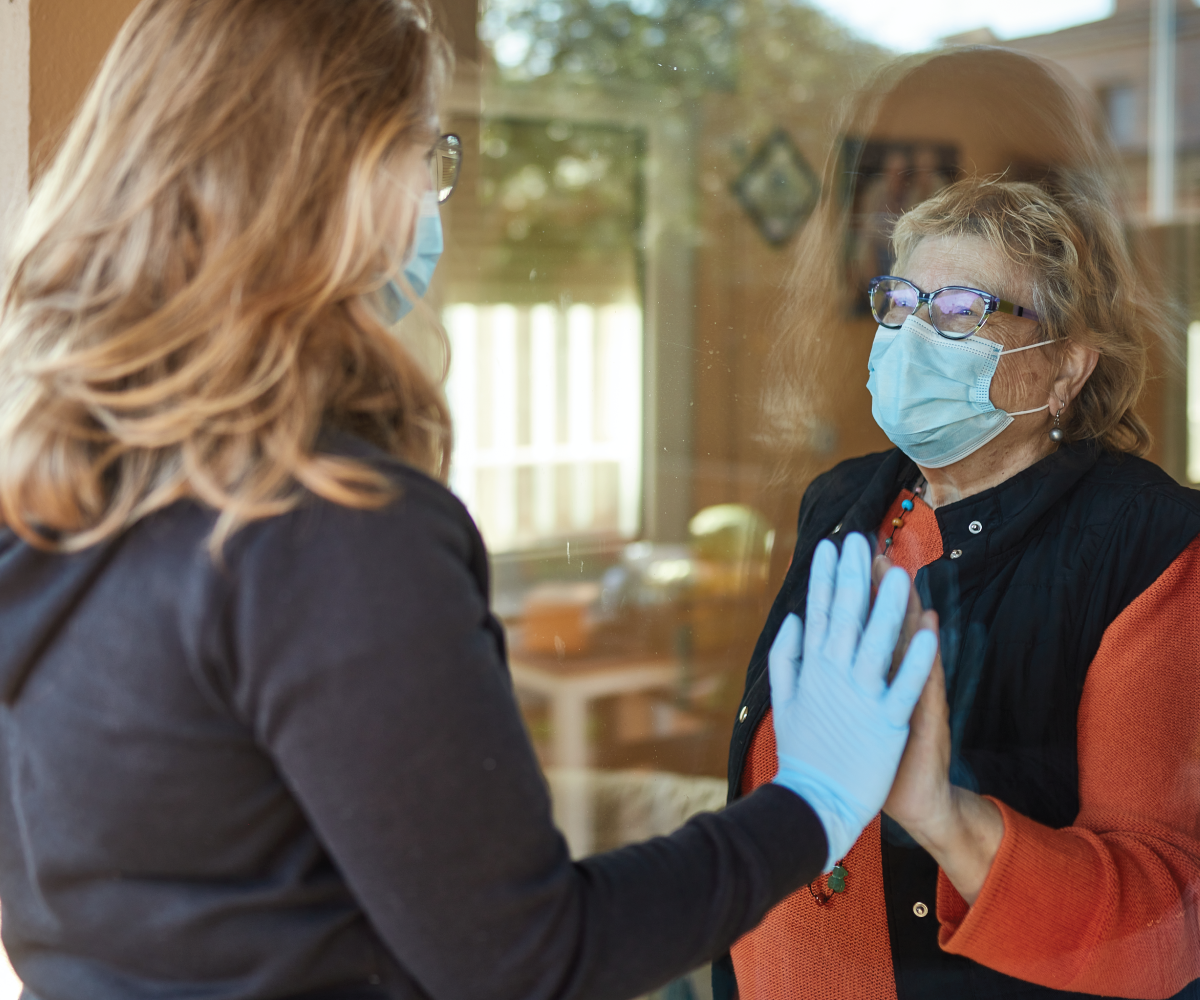U.S. Women, Work, and the COVID Pandemic: Myths and Realities
We examined labor force data and checked in with demographers and economists who follow gender and labor force trends to answer some common questions and bust common myths.

We examined labor force data and checked in with demographers and economists who follow gender and labor force trends to answer some common questions and bust common myths.

Project: Center for Public Information on Population Research (CPIPR)
Cognitive impairment and happiness are not mutually exclusive.
(2011) Most research on the gender gap in unpaid caregiving in the United States has focused on young families.
(2012) Of the 48 least developed countries in the world, 33 are located in sub-Saharan Africa. At the same time, this region stands out with the highest birth rates in the world.

Project: Center for Public Information on Population Research (CPIPR)
Women spend more time as caregivers than men, and childless adults provide more support to their parents than those with children, studies on Europe show

The U.S. Census Bureau aims to count each person once—and only once—in the decennial census. It does that by determining how many people live at a every residential address.

New research shows the pandemic deepened feelings of loneliness, anxiety, and depression among older adults and their caregivers. Social connection is the "medicine hiding in plain sight."
(20212) In recent years, more mothers of young children have entered the paid labor force.
(2008) Encouraging progress against malaria was made in the Americas and some parts of Asia in the last century, but the first global campaign to stop malaria didn't succeed.